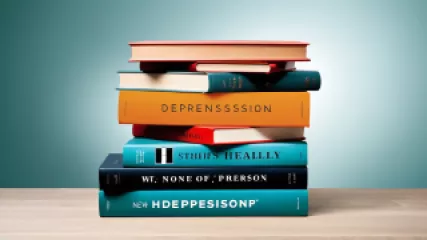Top 10 Self-Help Books for Managing Depression
1 year ago
Depression Self Help
The Ultimate Guide to Maintaining Emotional Well-being During Change
1 year ago
Coping with Change
Mastering Family Therapy Online: The Ultimate Guide
1 year ago
Family Therapy
How Gratitude Affirmations Transformed My Mental Health
1 year ago
Psychology of Gratitude
Thriving Through Change: A Research Summary
1 year ago
Coping with Change
How Can Cleaning Up Your Mental Space Improve Your Life?
1 year ago
Psychology of Clutter
Exploring the Psychological Impact of Space Exploration
1 year ago
Psychology of Space
Why Depression Self-Help is Essential for Mental Wellness
1 year ago
Depression Self Help
Effective Stress Reduction Techniques for Teens
1 year ago
Stress in Teens
Proven Strategies for Managing Depression: A Step-by-Step Guide
1 year ago
Depression Self Help
Mastering Time Management: Lessons from 'Dune'
1 year ago
Time Management
Overcoming the Comparison Trap: My Journey Towards Self-Acceptance
1 year ago
Social Comparison Theory
The Ultimate Guide to the Psychology of Gratitude
1 year ago
Psychology of Gratitude
A Step-by-Step Guide to Accepting and Moving Through Change
1 year ago
Coping with Change
Fun and Therapeutic Play Activities for Children
1 year ago
Play Therapy















